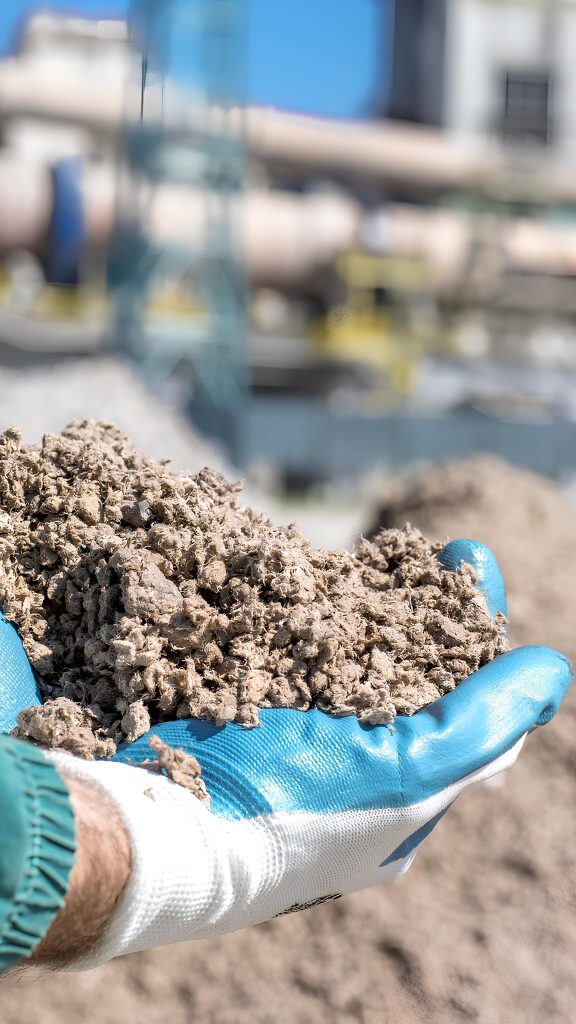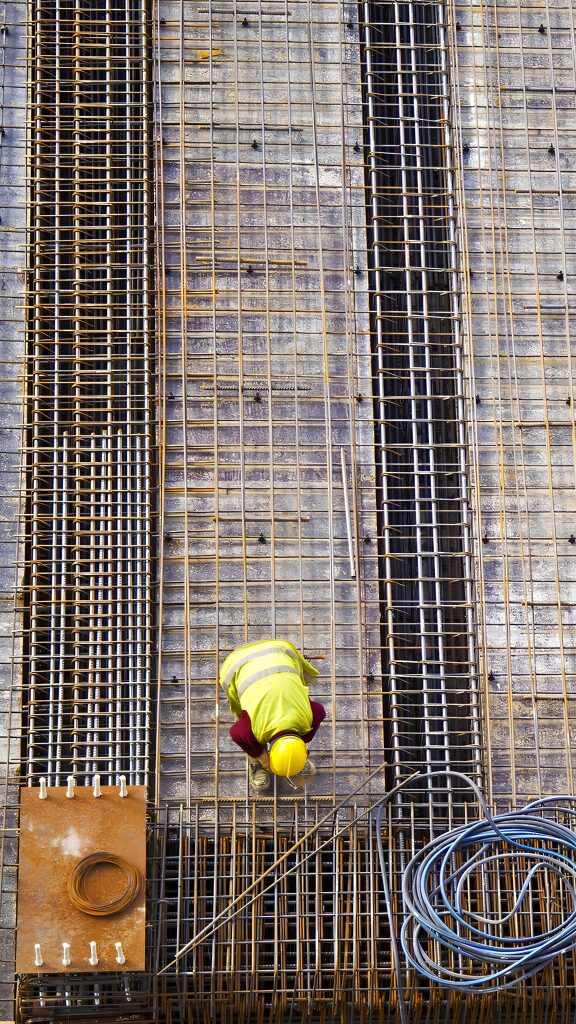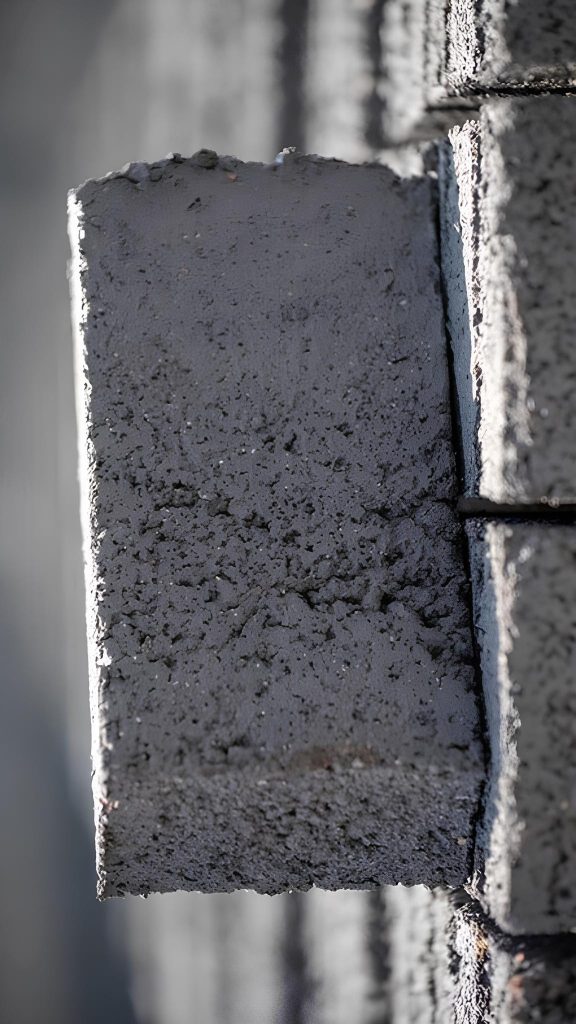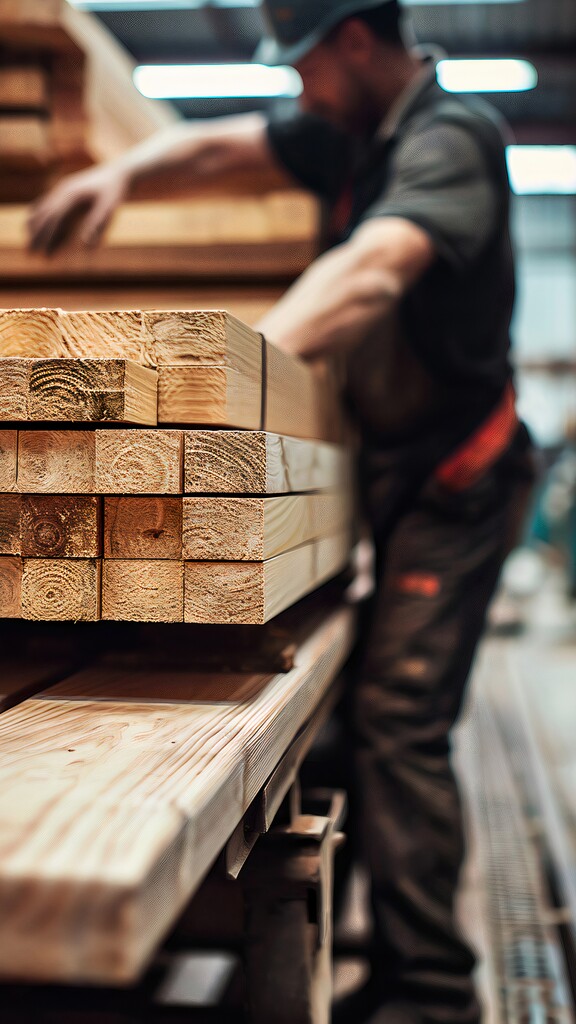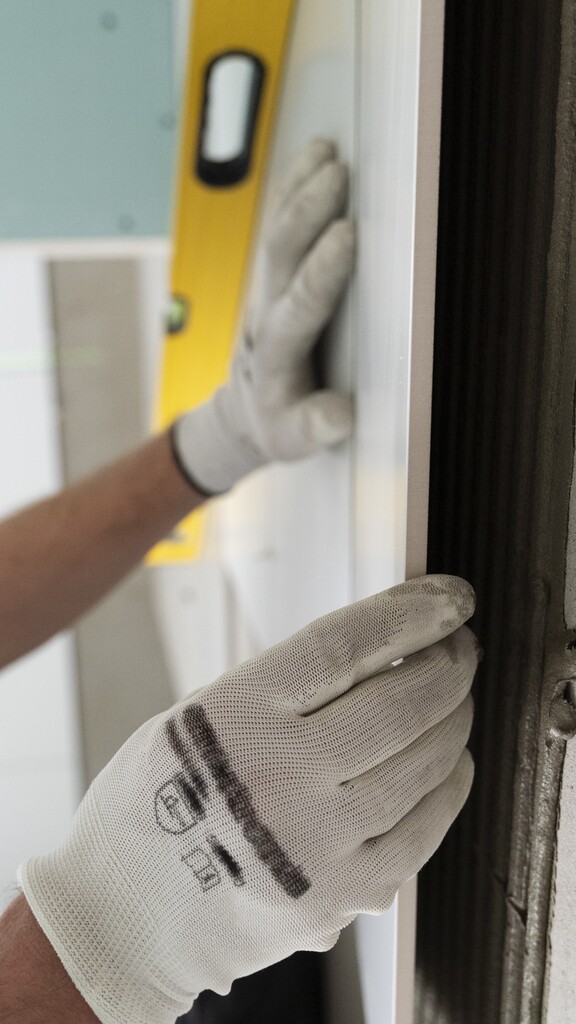Exclusive Guide to Ivory Coast’s Best Construction Materials for Smarter, Efficient Projects
Ivory Coast, often referred to as “l’Éléphant d’Afrique” (The Elephant of Africa) due to its economic might and rapid growth, stands as a pivotal economic and construction hub in West Africa. Its dynamic economy and ambitious development agenda have fueled a robust boom in its construction sector, driving significant demand for high-quality construction & building materials in Ivory Coast. Whether you’re a local homeowner undertaking a project, a diaspora Ivorian looking to invest back home, or an international investor exploring opportunities in the region, understanding the landscape of Ivory Coast building supplies is crucial for your project’s success.
This comprehensive guide delves into the specifics of the Ivorian construction market. We’ll explore the main material categories, analyze pricing factors, offer strategic sourcing tips, and outline the future trends that are shaping Ivory Coast’s construction sector. Our aim is to equip you with the essential knowledge to navigate this vibrant, yet evolving, industry.

